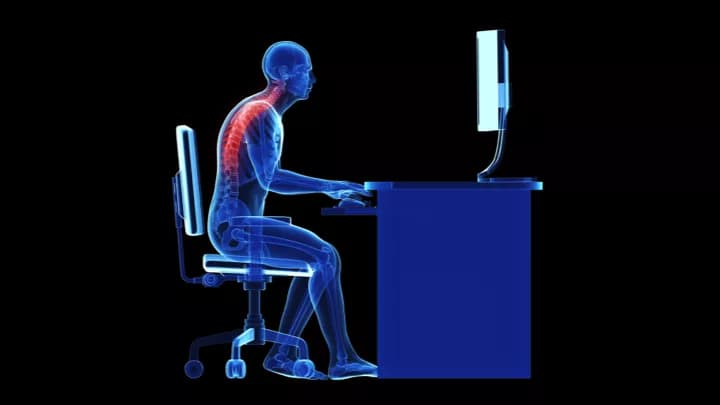
Sitting Too Much May Decline Your Health And Work Productivity
The average time a worker sits at a desk is 5 hours and 41 minutes. Most of us would agree that we need to engage in more physical activity throughout the day. However, according to a report released by the Morbidity and Mortality Weekly Report, a journal of the Centers for Disease Control and Prevention, only 20 percent of American adults are meeting both cardio and weightlifting recommendations.
Businesses may need to develop strategies to get their workers moving around in order to increase body circulation and prevent diseases at an early age. Released in Circulation: Journal of the American Heart Association, researchers estimated that 116 million people in the United States or 40.5 percent would have some form of cardiovascular disease by 2030. By this time, the costs of health care for heart disease will triple the amount. In addition, heart disease will cost businesses and the nation billions of dollars in lost work productivity increasing from $172 billion in 2010 to $276 billion dollars in 2030.
The Physical Activity Guidelines for Americans recommend that adults get at least 150 minutes a week of moderate-intensity aerobic exercise like walking or one hour and 15 minutes a week of vigorous activity like jogging. The people who are at the greatest health risk are those who sit for eight or nine hours a day. A report, published in the Annals of Internal Medicine, assessed 47 experiments and found that heavy sitters were 90 percent more likely to develop diabetes, 18 percent more likely to die from heart disease or cancer, and at a 24 percent greater risk of dying from any cause.
Surprisingly, you cannot just sit at work and exercise away the potential health problems in the evening.
"Even if you do a half an hour or an hour or of exercise every day does not give us the reassurance that sitting for the other 23 hours is ok. In fact, it's not," said Dr. David Alter of the Toronto Rehabilitation Institute, one of the authors of the study.
There are ways to increase blood circulation and protect you heart at work. Click on this link to find new ways to create healthy habits in the office.
References:
Biswas, A., Oh, P. I., Faulkner, G. E., Bajaj, R. R., Silver, M. A., Mitchell, M. S., & Alter, D. A. (2015). Sedentary Time and Its Association With Risk for Disease Incidence, Mortality, and Hospitalization in Adults: A Systematic Review and Meta-analysis. Annals of internal medicine, 162(2), 123-132.
Chapter 4: Active Adults. (n.d.). Retrieved March 17, 2015, from http://www.health.gov/paguidelines/guidelines/chapter4.aspx
Heidenreich, P. A., Trogdon, J. G., Khavjou, O. A., Butler, J., Dracup, K., Ezekowitz, M. D., ... & Woo, Y. J. (2011). Forecasting the future of cardiovascular disease in the United States a policy statement from the American heart association. Circulation, 123(8), 933-944.
Press Release. (2013, May 2). Retrieved March 17, 2015, from http://www.cdc.gov/media/releases/2013/p0502-physical-activity.html
Related Articles
Test Your Knowledge
Asked by users
Related Centers
Related Specialties
Related Physicians
Related Procedures
Related Resources
Join DoveHubs
and connect with fellow professionals

0 Comments
Please log in to post a comment.